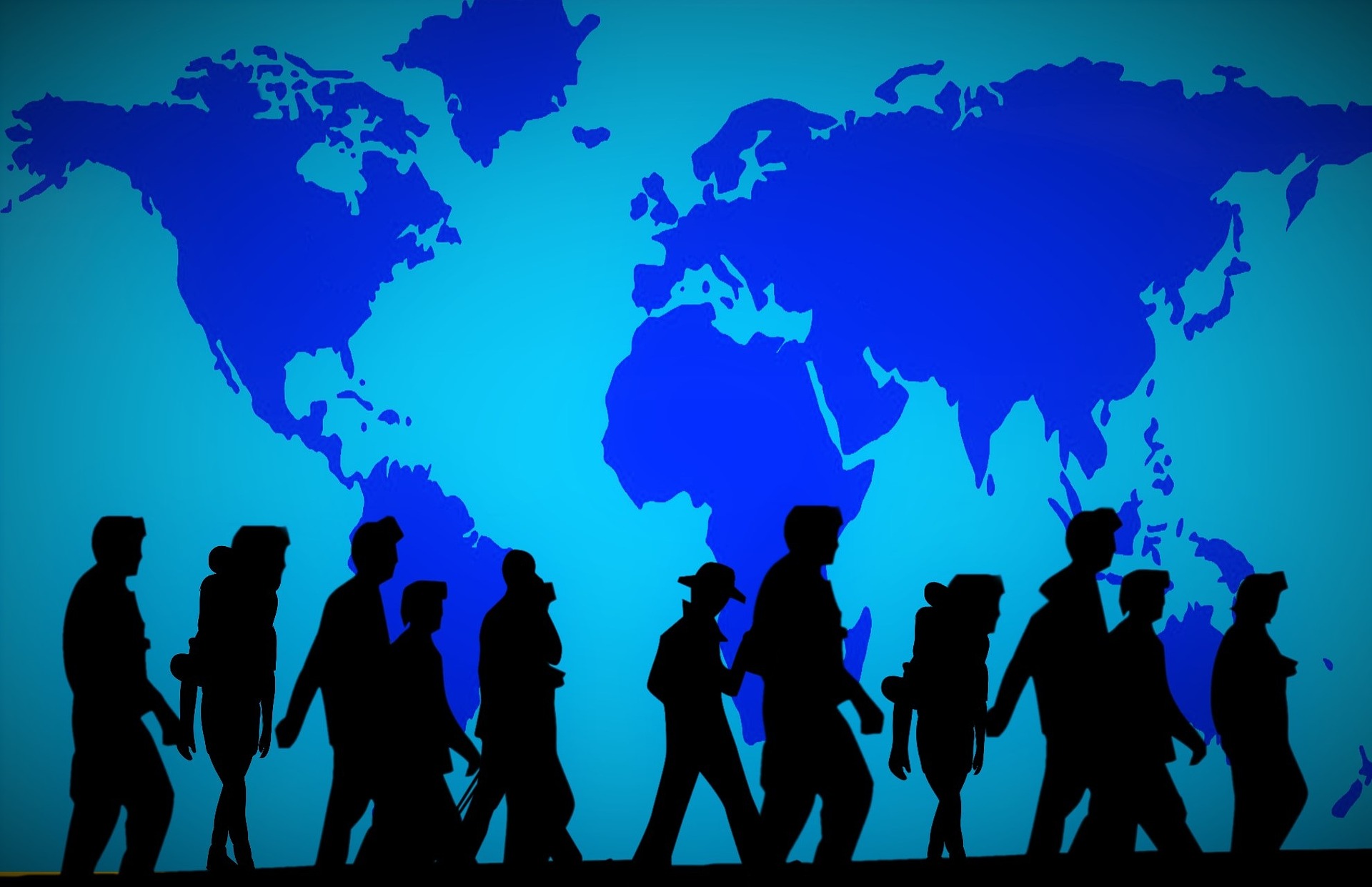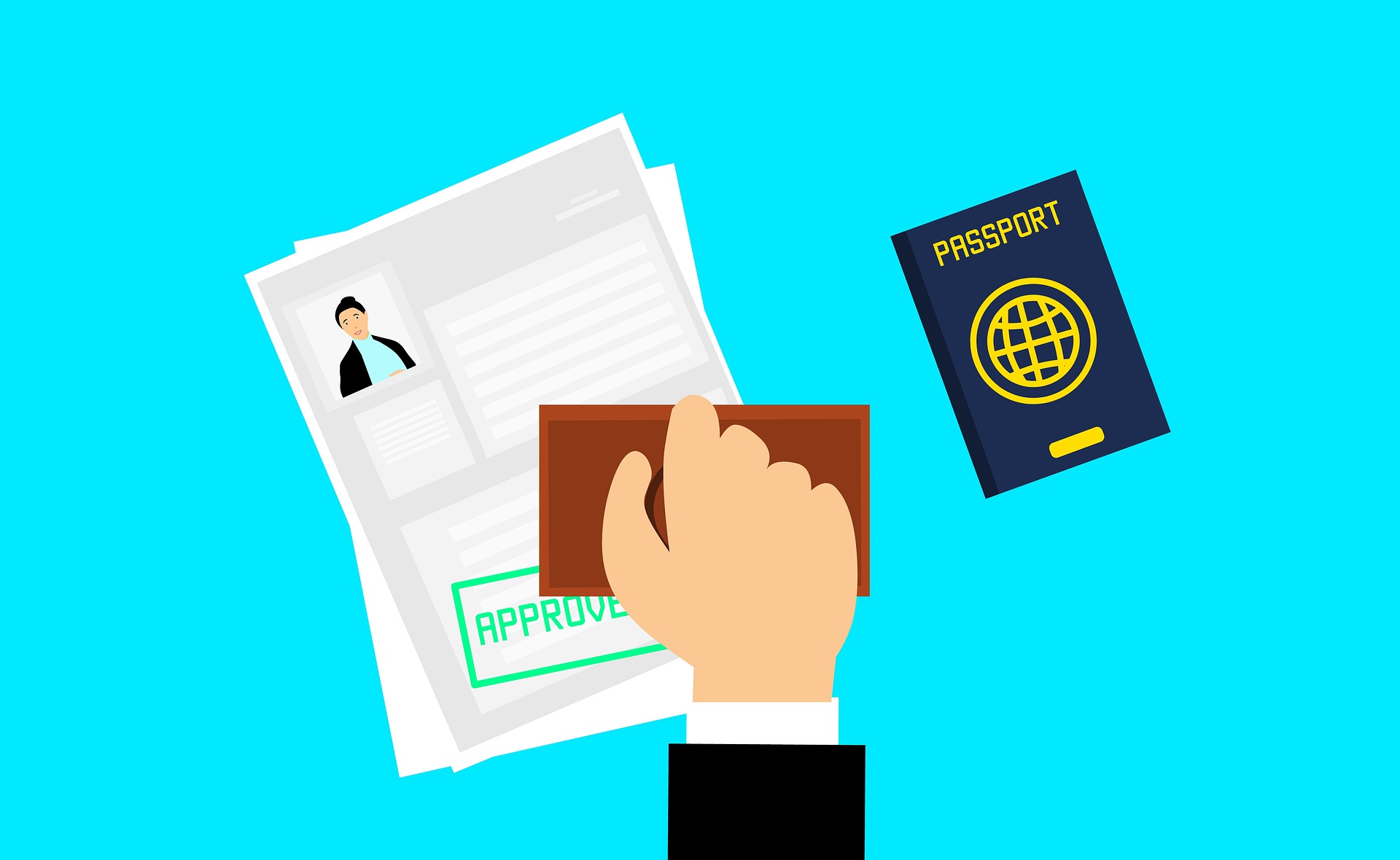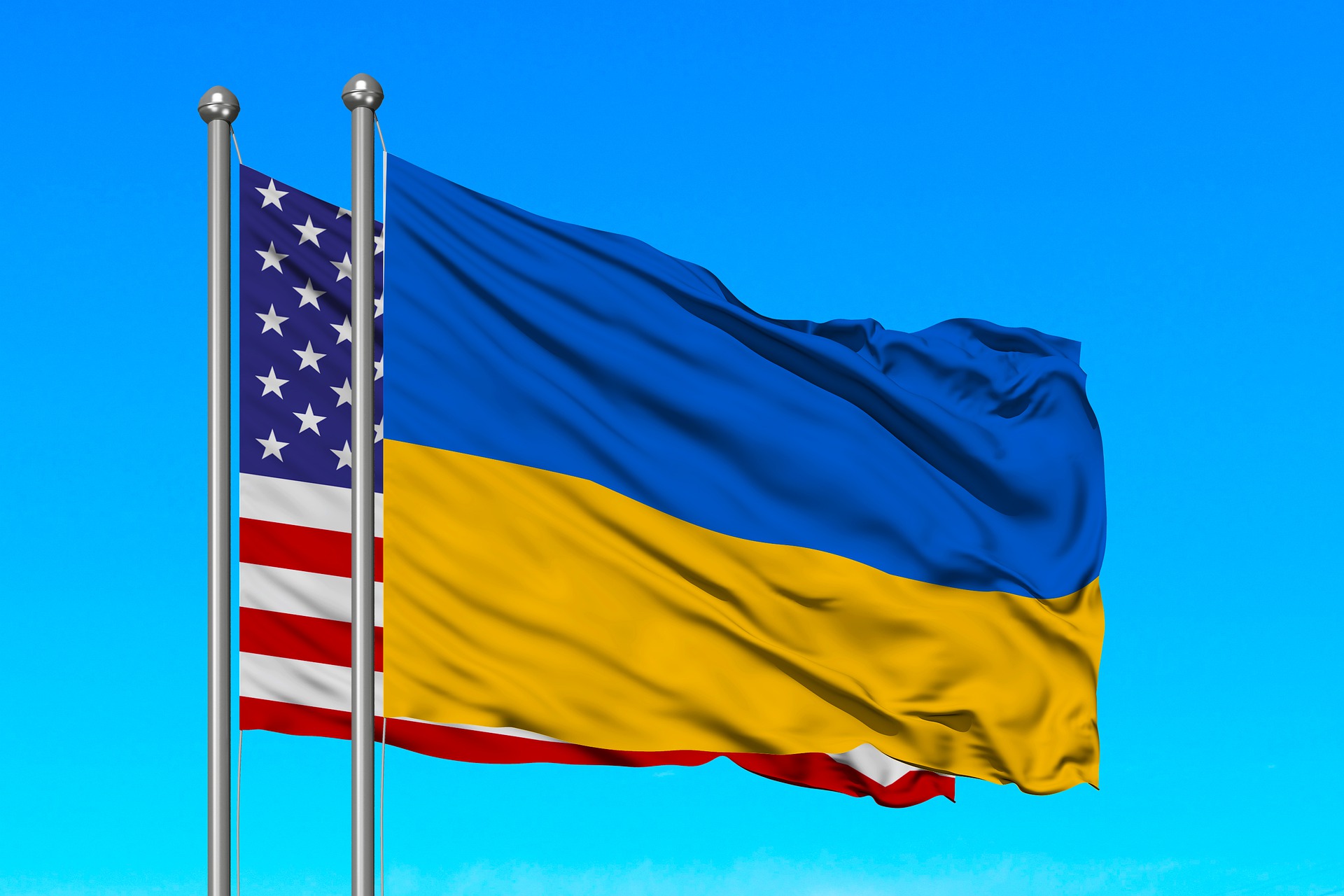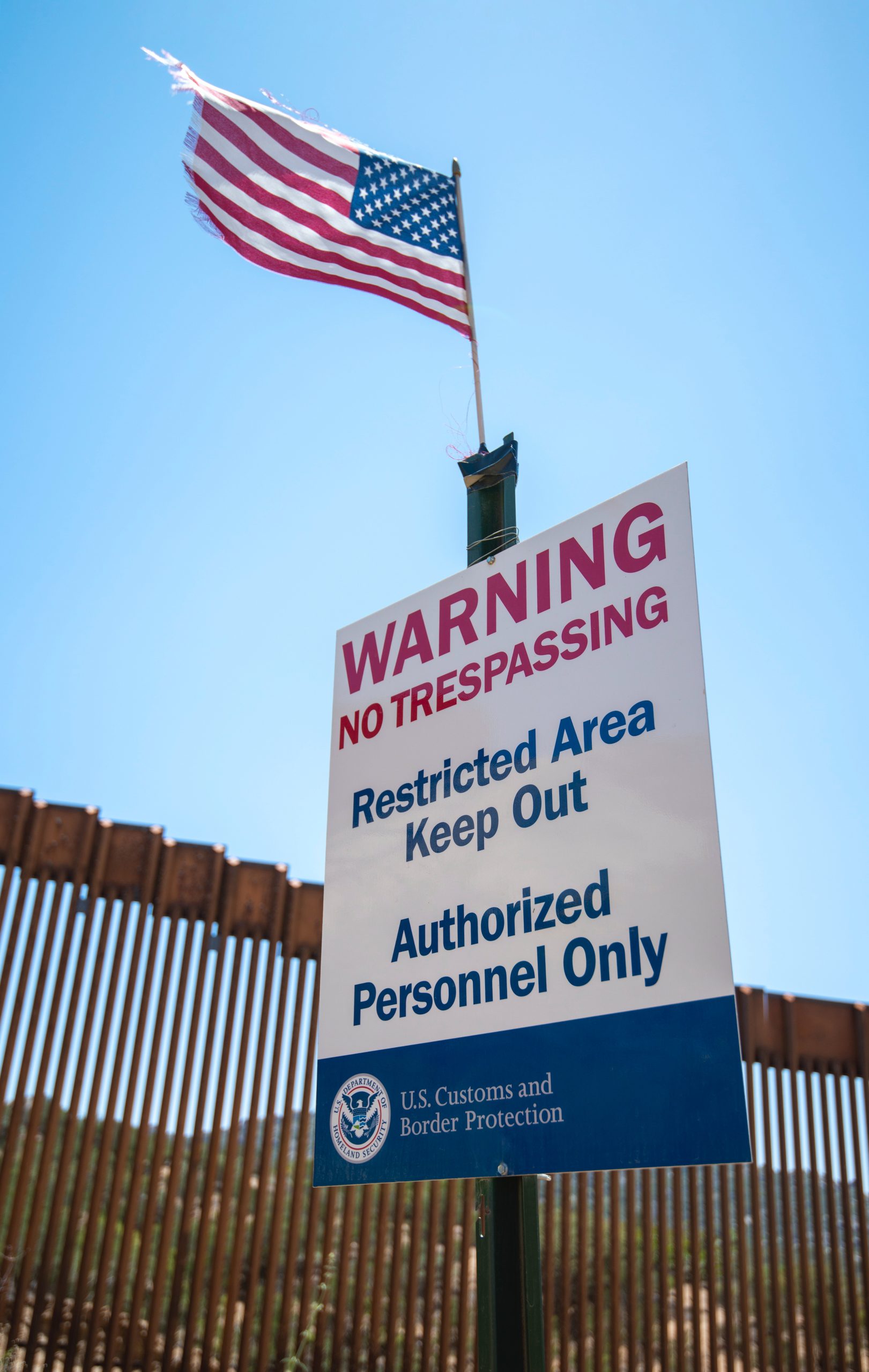In this blog post, we alert our readers to a new broadcast message issued by U.S. Immigration and Customs Enforcement (ICE).
Earlier this year, the U.S. Department of State (DOS) provided updated guidance explaining that Consular officers have the authority to issue F or M student visas for up to 365 days in advance of an international student’s program start date.
However, in its broadcast ICE has clarified that this new guidance DOES NOT change the requirement for issuing Forms I-20, “Certificate of Eligibility for Nonimmigrant Student Status,” in the Student and Exchange Visitor Information System (SEVIS), nor paying the I-901 SEVIS Fee, nor regulations governing admission into the United States.
Despite the advance issuance of an F or M visa, ICE clarifies that students can only enter the United States 30 days before their program start date as listed on their Form I-20 Certificate of Eligibility for Nonimmigrant Student Status.
Students who attempt to enter the United States more than 30 days before their program start date may be found inadmissible by U.S. Customs and Border Protection (CBP).
ICE notes to help ensure smooth entry into the United States, students and school officials should confirm the following prior to arrival at a U.S. port of entry:
- Students have an active I-901 SEVIS Fee payment on the Form I-20 that they are traveling under.
- The name of the school on the Form I-20 matches the name of the school on the visa.
- Student financial information remains up to date in SEVIS.
- Students do not attempt to enter the United States more than 30 days in advance of their Program Start Date.
 Visa Lawyer Blog
Visa Lawyer Blog













